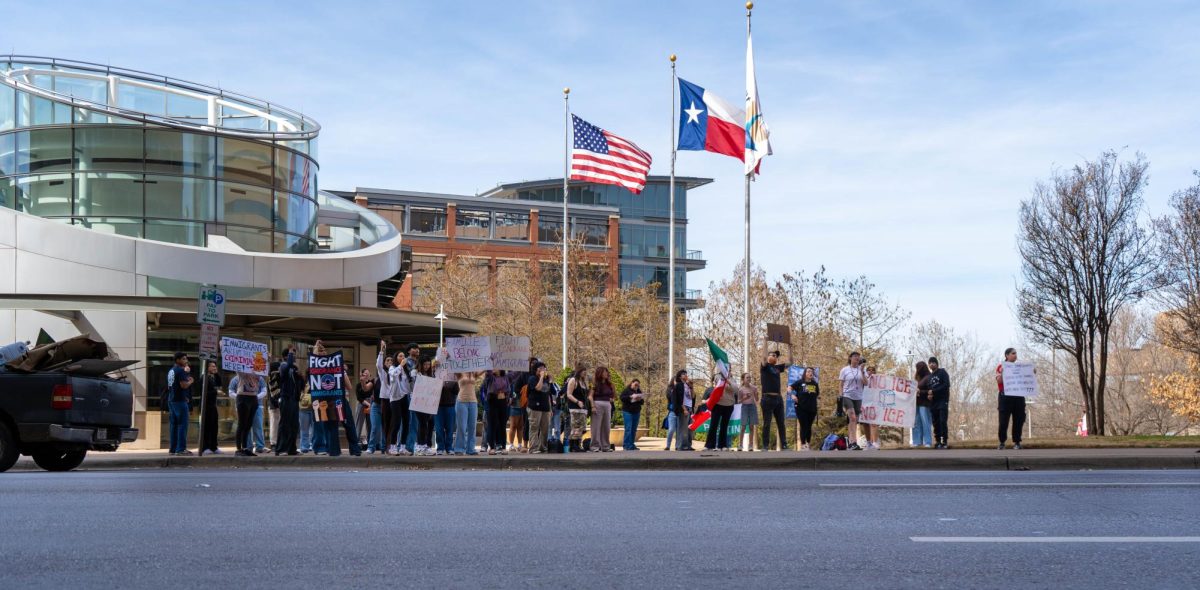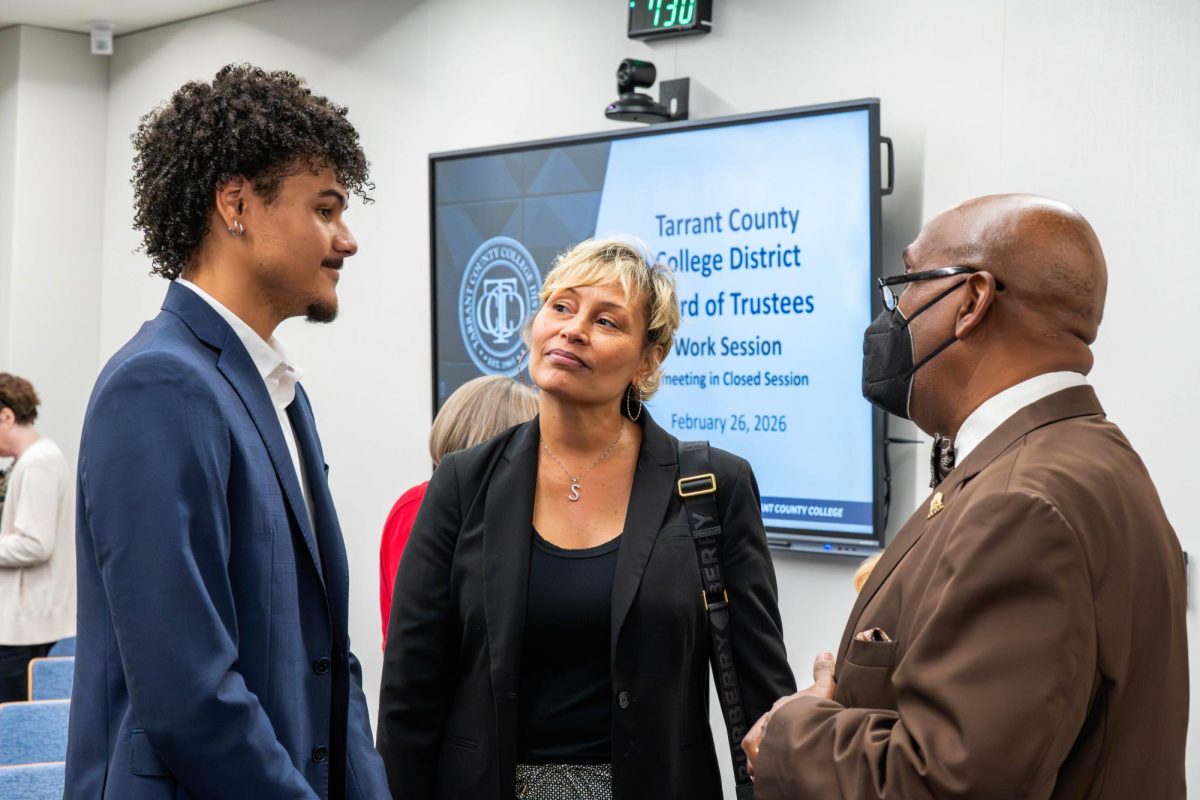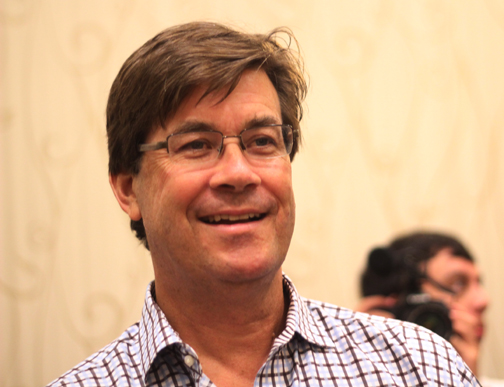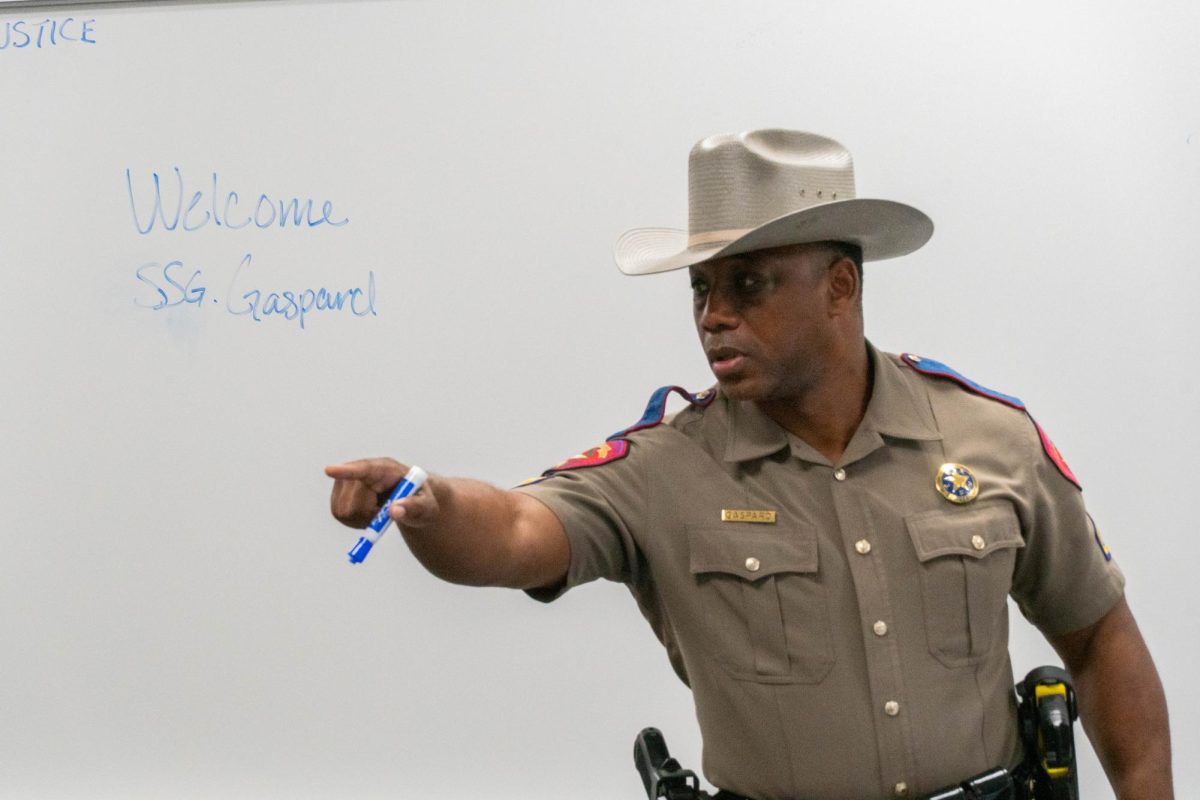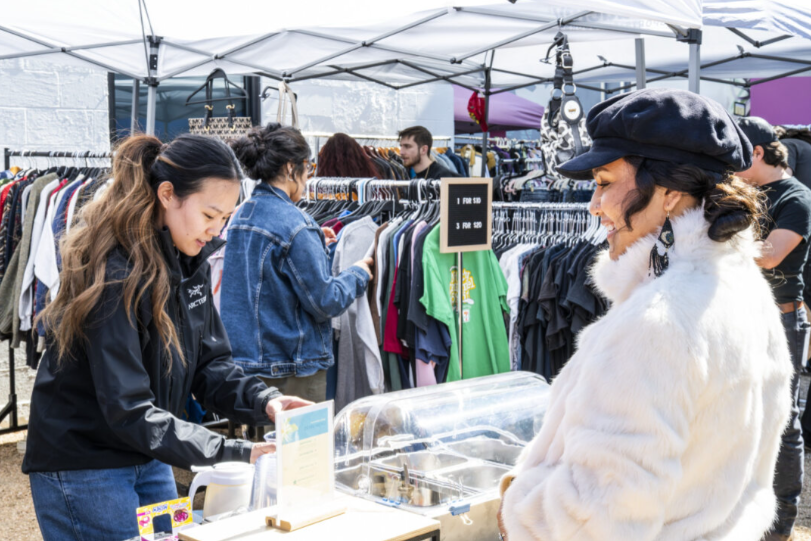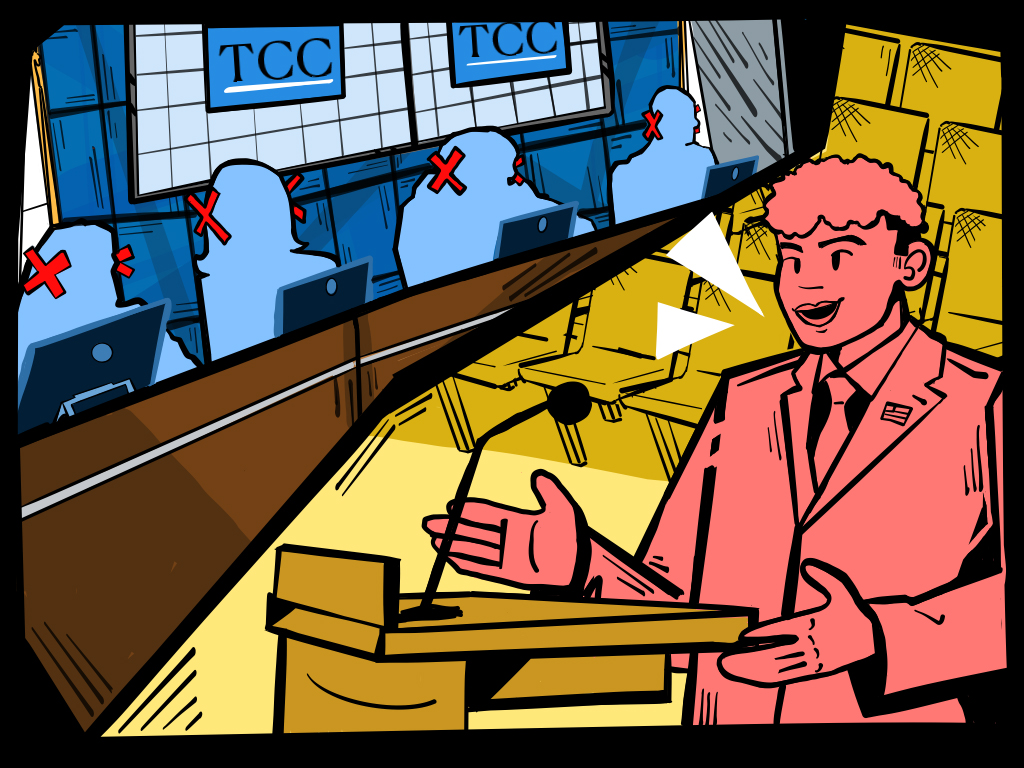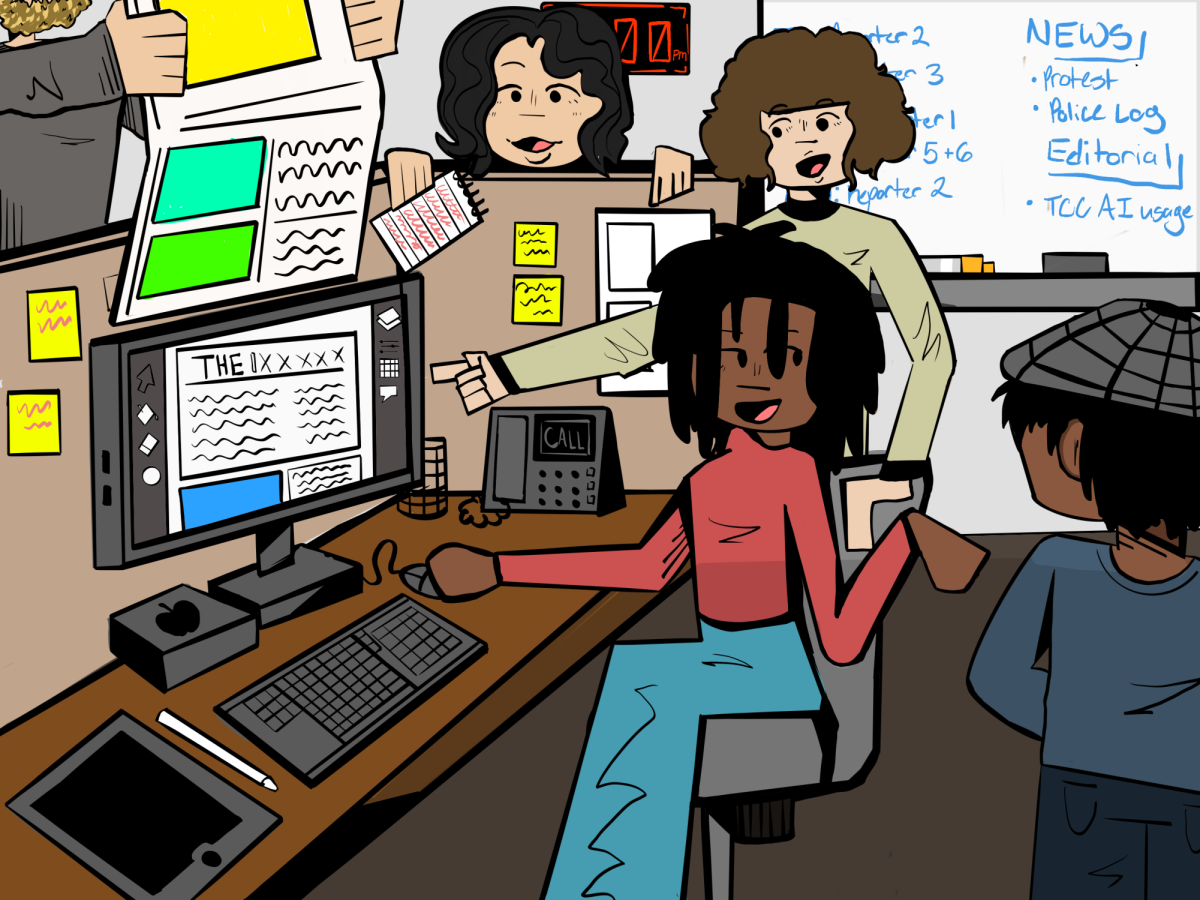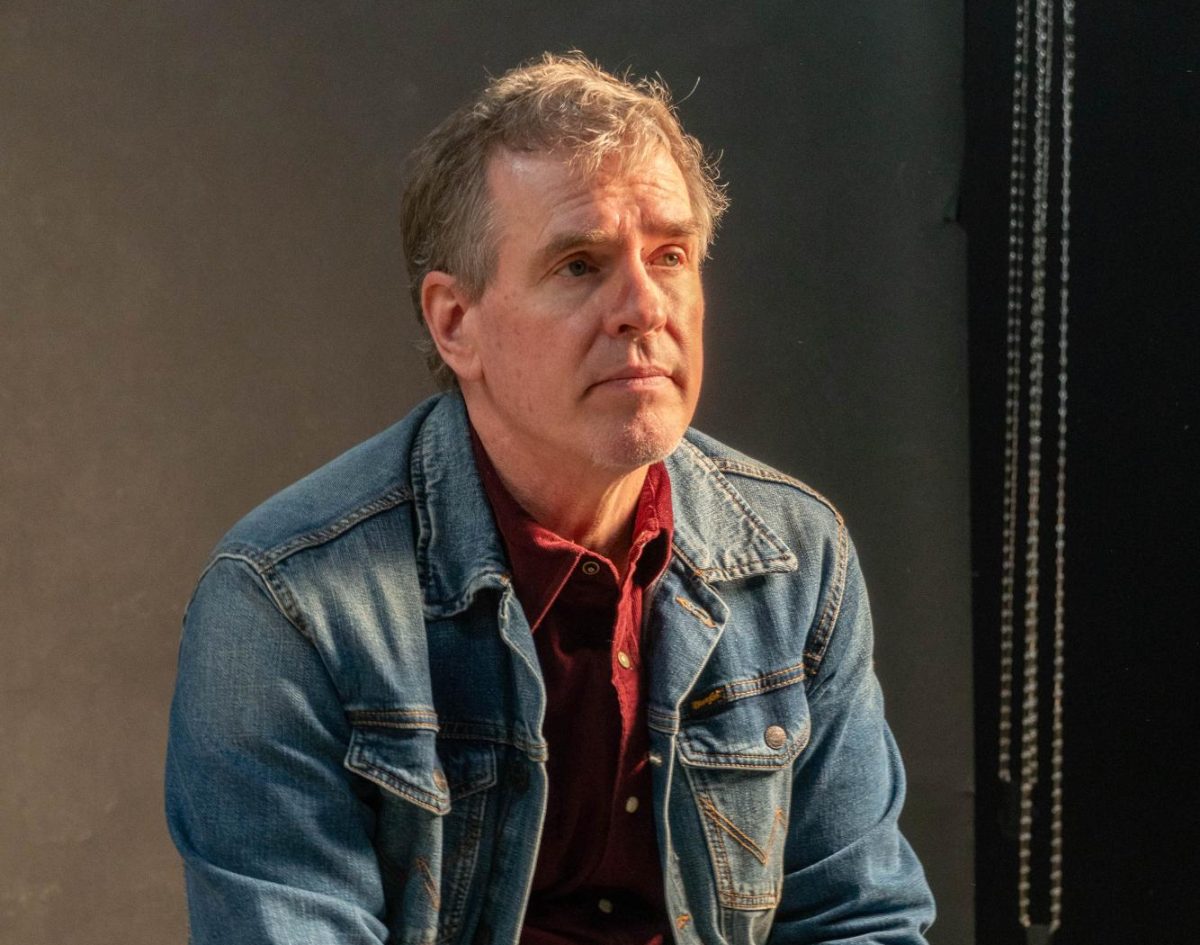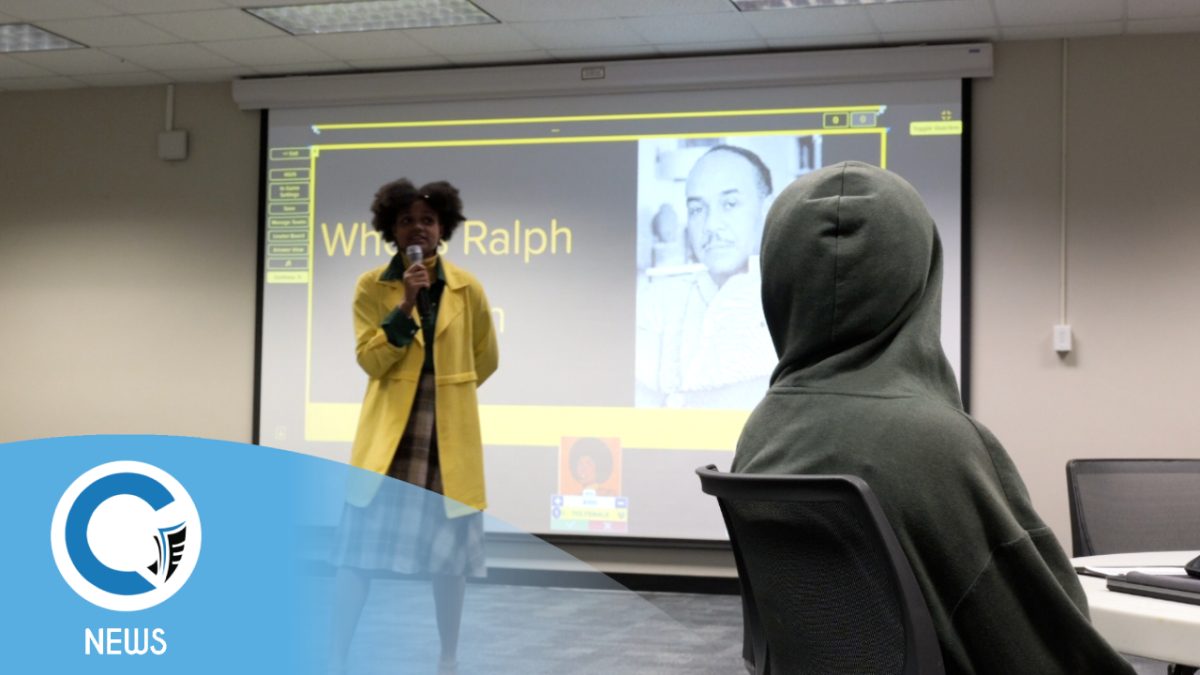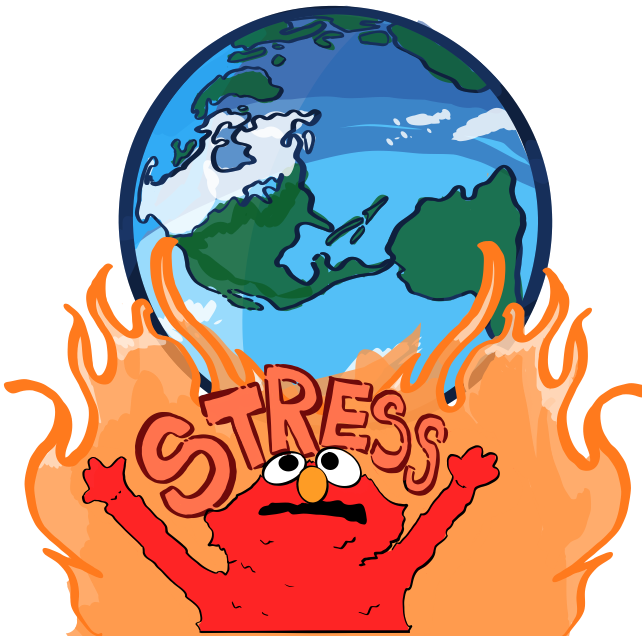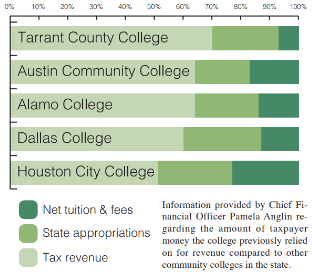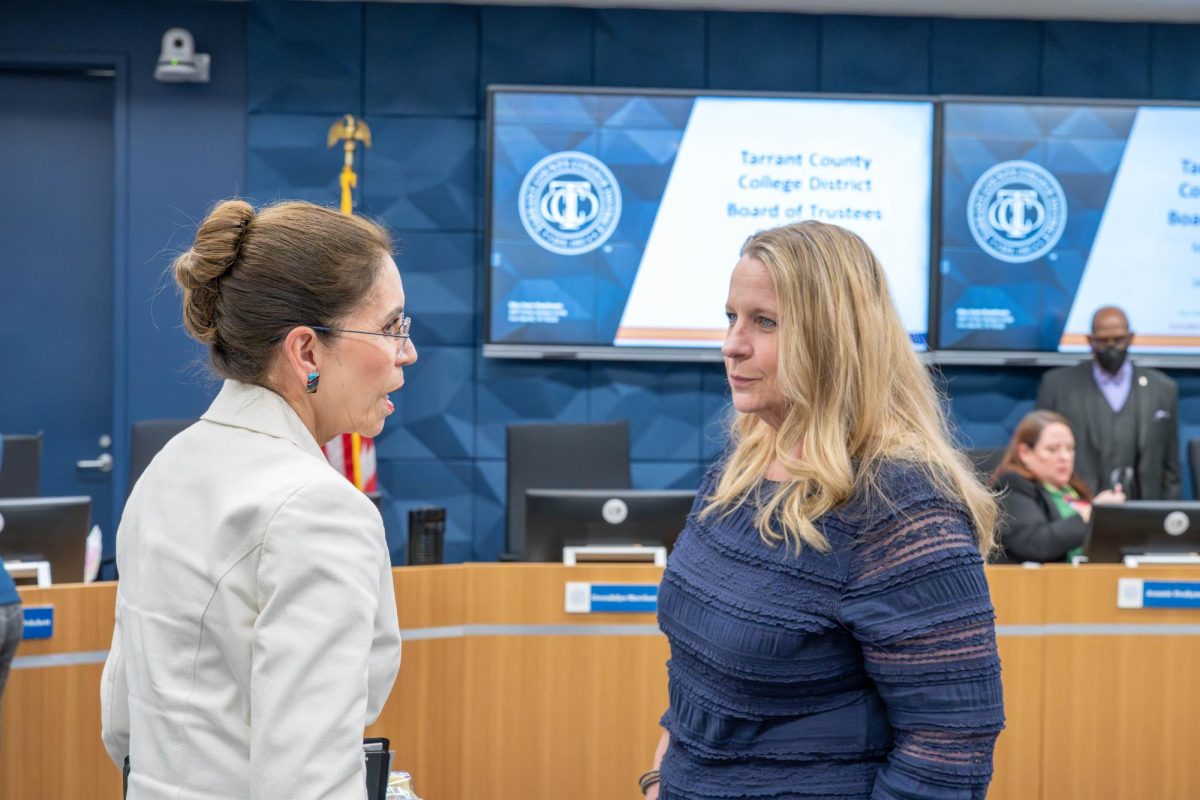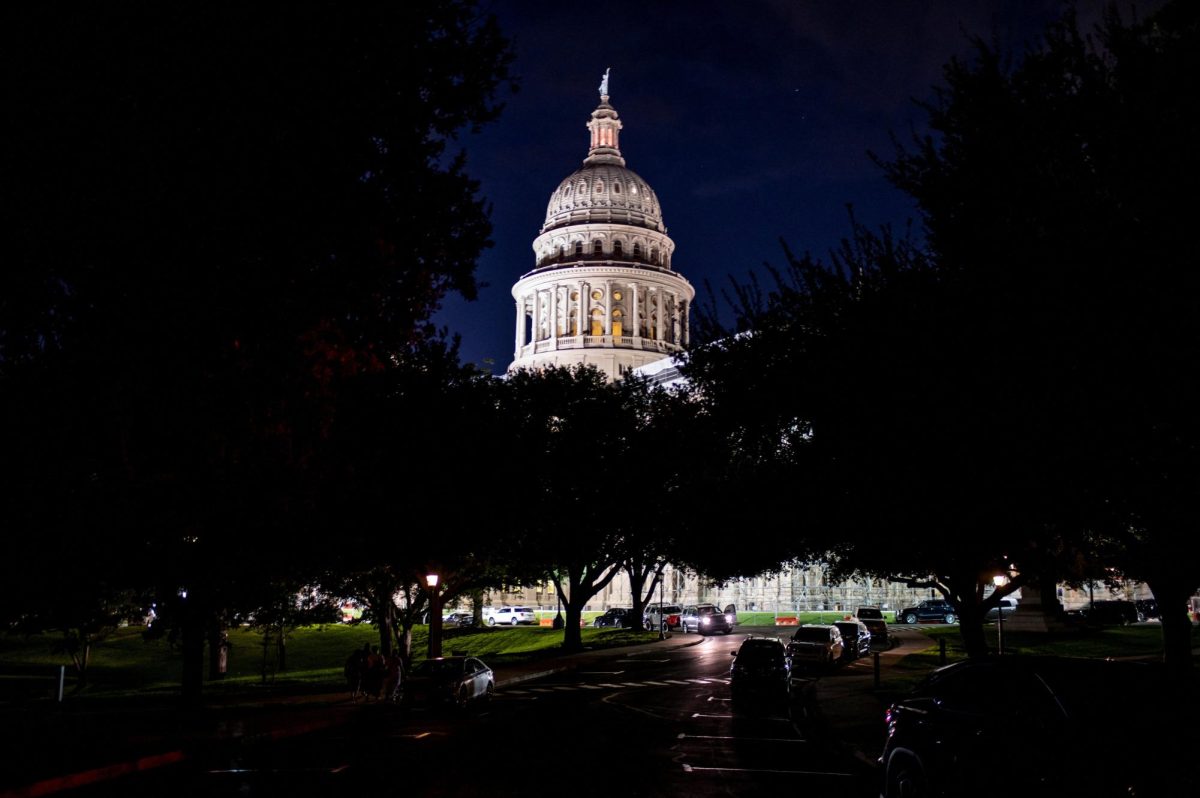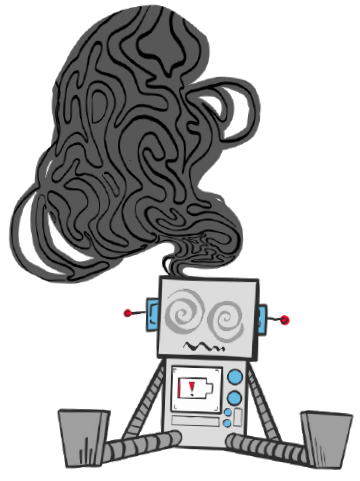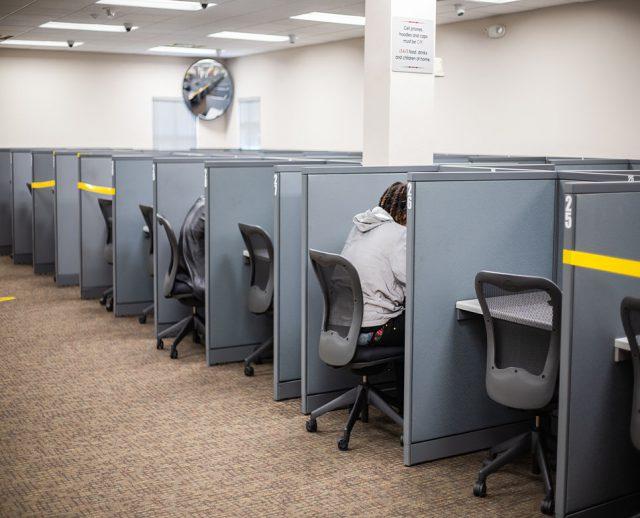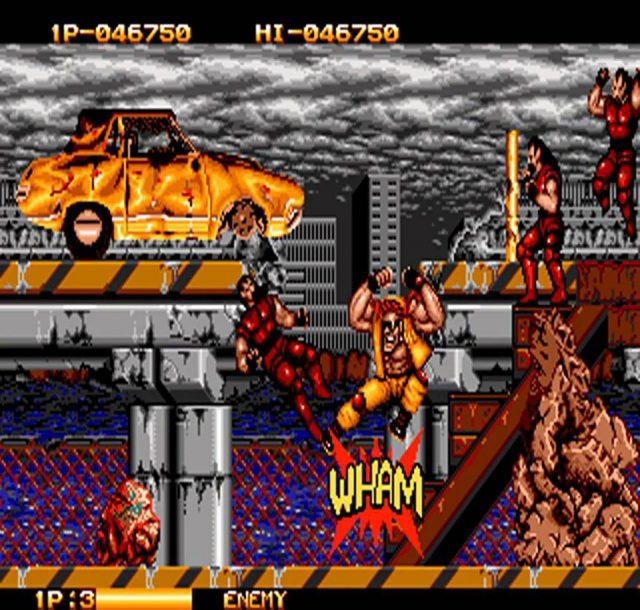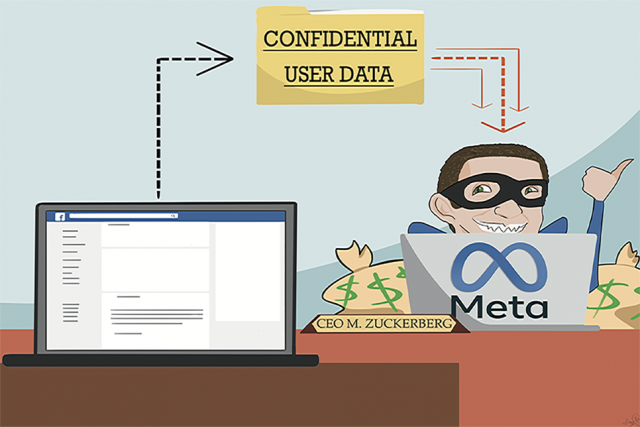
Alex Hoben
photo editor
alexandra.hoben@my.tccd.edu
Our society wasn’t ready to experience the abruptness of technology’s accessibility and volatile nature and it shows.
When the world was overcome with a pandemic and sent us inside, we turned to online platforms for a connection with others. With that increase in use during a terrible time, we were flooded with panic-driven content and no way to sort through it. It’s almost like we couldn’t take the information overload because we suddenly had the world at our fingertips but no way to comprehend its scope.
The World Wide Web caught the public and has us trapped in a cycle of eliciting extreme emotions to promote content. It has turned into a setting where corporations profit from the data that they collect, then turn around and fuel it back into campaigns and ads to make it worse. It’s a constantly moving stream where an important crisis or issue can be buried by layer after layer of argumentative posts, death threats or even memes, and we as the users are starting to drown.
The main regulatory code for the net is a nine-page document made by the Federal Communications Commission in October 2015. The purpose of the document is “to protect and promote the Internet as an open platform enabling consumer choice, freedom of expression, end-user control, competition, and the freedom to innovate without permission,” but the innovation that this outdated document refers to has grown into a beast of its own.
Now we’re in the middle of not quite chaos, but definitely unrest. Social platforms thrive on the turnover of extreme responses with shock value viewership. These responses are then collected as data to do it all again.
Pop-ups bring you to obviously agenda-driven news sources that, more than likely, aren’t factually driven if you care to look — and that’s the problem. Because we’ve become impatient with this sudden influx of everything we can dream of, a lot of users don’t take the time to verify the truth. And because you can respond immediately to the post through the platforms, that’s incredibly dangerous. We need to all take a step back and think maybe an extra three minutes when posting online, myself included. Just because the new “Space Jam” movie made me cry since Bugs Bunny was killed doesn’t mean I need to tell that to a large audience, especially the web.
I love the internet and how it has brought me entertainment and knowledge throughout my entire life. It’s grown at the same time I did, and I’m worried about what I see now. That love has to be tempered with the realization that for the benefits the information highway provides in all fields: scientific, humanitarian and even political — it is just as detrimental as a poison for our society when the content is taken without whole bags of salt. It’s like a beautiful knife that we can use to help us build our future, but it can also stab us in the process.

